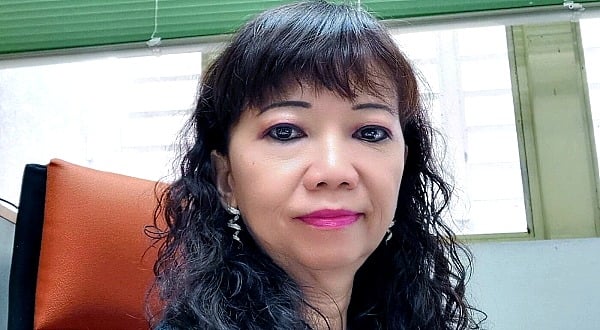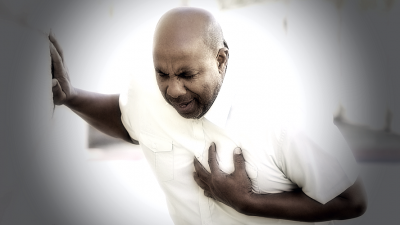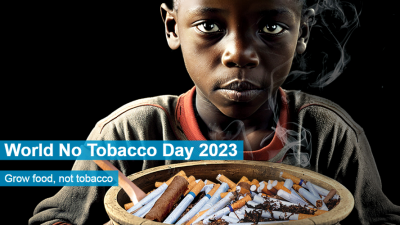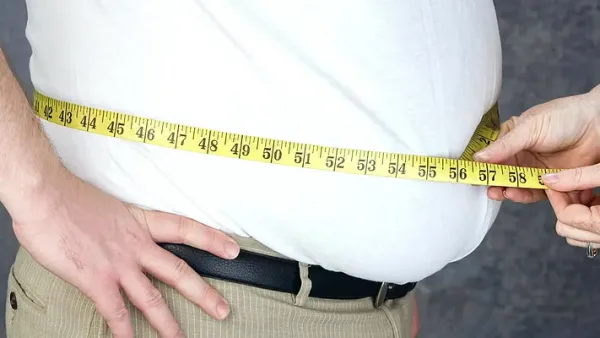
In conjunction with the World Health Day on April 7, we should all be reminded to protect “our planet, our health” which is also the theme for the day.
What can we do to protect our planet and our health?
The World Health Organisation (WHO) has a five-point plan which encourages us to take action and to inspire others.
The five-point plan is:
- Walk or pedal to work at least one day a week. Choose public transport.
- Change to a renewable energy provider; turn off the lights when not in the room.
- Buy fresh groceries from local producers and avoid highly processed foods and beverages.
- Tobacco is a killer and a polluter. Stop consuming tobacco.
- Buy less plastic; use recyclable grocery bags.
In order for the above to be acted upon by the individuals, we need all stakeholders to take action in order for the above to be achieved.
We may stay too far away from where we work and may not be possible to walk to work. We may also be unable to walk or cycle to work as footpaths or bicycle lanes may not be available.
Therefore, municipal councils should build new bicycle lanes and footpaths.
Walking or cycling to work is beneficial for our health as this increases our physical activities which will reduce overweight or obesity as well as prevent non-communicable diseases (NCDs) such as diabetes mellitus, heart disease, certain types of cancers, etc.
Public transport should be made more frequent, convenient and affordable in order to promote its use.
If we protect our planet, we will be able to protect our health.
Changing to renewable energy may be a challenge for us, as not many households are equipped with solar panels to generate electricity. However, as our country is blessed with lots of sunshine, there should be more R&D in this aspect and the government should provide tax exemption for manufacturers working in solar energy items.
Turning off the lights, fans, etc. when not in the room should be easily practiced by all of us and made a habit since childhood.
Buying fresh groceries such as fruits and vegetables from local producers not only supports our own farmers, but also reduces carbon footprint generated in the transport of these products from other countries.
Highly processed foods and beverages increase carbon footprint involved in its processing which is detrimental to the environment.
In addition, highly processed foods and beverages are also found to increase the risks of obesity and NCDs.
A healthy eating environment should be provided by municipal councils. This could be achieved by restricting the number of food outlets selling highly processed foods and beverages. Higher tax should also be imposed on these foods and beverages.
On the other hand, lower tax should be imposed on healthy foods and beverages.
We should reduce food wastage, not influenced by meal deals from food outlets or food delivery platforms to purchase more food with more discounts.
If we purchase more food and finish eating them, we may gain weight and at higher risks for NCDs.
According to the data by landfill operator SWCorp Malaysia, there are 17,000 tons of food waste recorded on a daily basis, 24% of which still edible.
This food waste can easily feed 2.9 million people for three meals a day.
Every food that gets thrown away at the landfill contributes towards pollution by its greenhouse gas emission.
Stop consuming tobacco or quit smoking will prevent lung cancer as well as reduce air pollution.
The government should create smoke-free cities and impose higher tax on tobacco.
Using fewer plastic wrappers and opting for recyclable bags will save the environment as traditional plastics like PET (polyethylene terephthalate) cannot readily decompose.
Plastics are bad for the environment because they release toxins and greenhouse gases into the earth and air. If these plastics reach the ocean, it may be broken down into smaller pieces which are mistaken for food and end up killing millions of marine lives.
If we protect our planet, we will be able to protect our health.
Let us start taking action and inspire others. Happy World Health Day!
(Professor Dr Moy Foong Ming, Department of Social & Preventive Medicine, Faculty of Medicine, Universiti Malaya.)
ADVERTISEMENT
ADVERTISEMENT








































